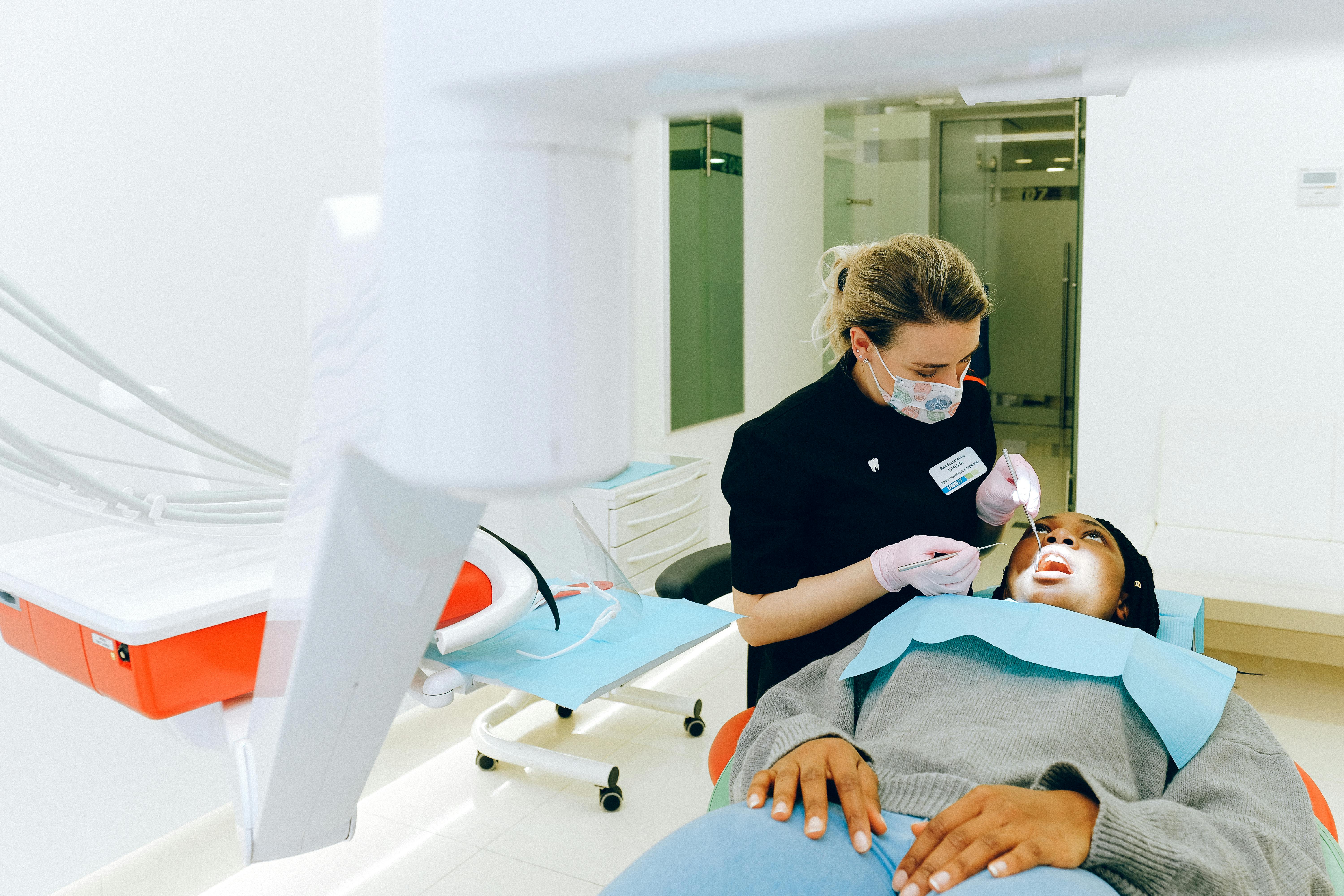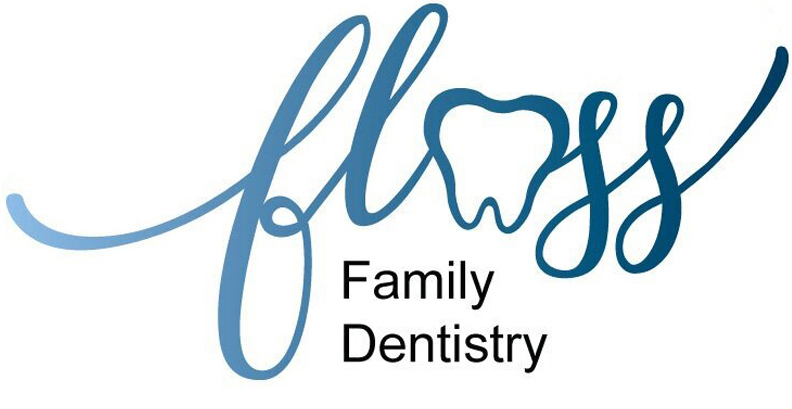A dental crown is a custom-made cap that fits over a damaged or weakened tooth to restore its shape, size, strength, and appearance. Crafted from materials like porcelain, ceramic, metal, or a combination, crowns cover the entire visible portion of a tooth, providing both protection and enhancement. The impact of dental crowns on oral health is significant; they restore full functionality to compromised teeth, improve bite alignment, and protect against further damage or decay. By sealing off vulnerable areas, crowns help prevent future issues and contribute to better overall dental health. They also support proper oral hygiene by making cleaning and maintaining the affected tooth easier, thus promoting long-term oral well-being.
When Is a Dental Crown Necessary
- When a tooth has extensive decay that cannot be effectively treated with a filling alone, a crown can provide additional protection and restore the tooth's strength and function.
- A cracked or fractured tooth, especially if the damage extends below the gum line or affects the tooth's structural integrity, often requires a crown to prevent further breakage and reinforce it.
- After a root canal procedure, the tooth is left hollow and is more prone to fracture. A crown is typically placed to protect the weakened tooth and restore its functionality.
- Teeth with large fillings that compromise the remaining tooth structure may need crowns to provide additional support and prevent the tooth from cracking or breaking.
- Teeth significantly worn down due to grinding, erosion, or other factors may need crowns to rebuild their shape and restore proper function.
- Crowns can improve the appearance of teeth that are misshapen, discolored, or uneven. They can enhance the aesthetics of your smile by providing a more uniform and natural look.
- Crowns are also used with dental implants or bridges to replace missing teeth, providing both functional and aesthetic benefits.
Process of Getting a Dental Crown
The procedure begins with an initial consultation, during which your dentist evaluates the condition of the damaged tooth and your overall oral health. This includes taking X-rays to assess the extent of damage or decay and ensure the tooth and surrounding bone are suitable for a crown. During this visit, our dentist will discuss the different types of crowns available, such as porcelain, ceramic, or metal, and recommend the best option based on your specific needs and preferences.
The next step is preparing the tooth for the crown. Local anesthesia is administered to numb the affected area, ensuring you are comfortable throughout the procedure. The dentist removes any decay or damage from the tooth and reshapes it to create space for the crown. This involves reducing the tooth size so that the crown will fit correctly. After reshaping, tooth impressions are taken using a putty-like material or digital scanning technology. These impressions are used to create a custom crown that fits precisely.
While the permanent crown is manufactured, a temporary crown is placed over the prepared tooth. This temporary crown protects the tooth and allows you to continue with daily functions such as eating and speaking. It is generally made of acrylic or metal and is not as durable or aesthetic as the permanent crown, but it provides necessary protection.
The impressions taken during the tooth preparation are sent to a dental laboratory, where the permanent crown is crafted. This process can take a few weeks, during which the laboratory uses the impressions to ensure that the crown matches your natural teeth' size, shape, and color. The lab work is crucial for achieving a precise and comfortable fit.
Once the permanent crown is ready, you return to the dentist's office for placement. The temporary crown is removed, and the dentist places the permanent crown on the prepared tooth. They check the fit and appearance of the crown, making any necessary adjustments to ensure it aligns correctly and matches the bite. Once satisfied with the fit, the dentist cements the crown onto the tooth and removes excess cement.
After the crown is placed, your dentist will provide instructions on caring for your new crown and maintaining oral hygiene. This includes advice on brushing, flossing, and avoiding certain foods or habits that could impact the crown's longevity. A follow-up visit may be scheduled to check the crown's fit and address concerns. Contact us to learn more.
The Role of Dental Crowns in Preventing Further Tooth Damage
Protection from Additional Decay and Damage
Crowns cover and seal the entire surface of a damaged tooth, providing a barrier against bacteria and food particles that could lead to further decay. This protective cover helps prevent new cavities in the weakened tooth structure, reducing the risk of additional damage.
Reinforcement of Weakened Teeth
Teeth significantly weakened by extensive decay, trauma, or large fillings are more susceptible to breaking or cracking. A crown reinforces the tooth by providing a strong, durable covering that helps distribute chewing forces evenly. This reinforcement prevents the tooth from fracturing under pressure and maintains its structural integrity.
Prevention of Tooth Fractures
The tooth's structure is often compromised and less resilient for teeth that have undergone root canal therapy or are extensively damaged. A crown acts as a protective shield, helping to prevent the tooth from splitting or cracking further. This is especially important because a fractured tooth could lead to more severe complications, including the need for extraction.
Support for Dental Restorations
Crowns are frequently used with other dental restorations, such as bridges and implants. They provide essential support to these restorations by anchoring them securely in place. For example, when used with dental implants, crowns restore the function and appearance of missing teeth, preventing adjacent teeth from shifting and maintaining proper bite alignment.
Visit Floss Family Dentistry at 2183 West Main Street, Suite 301A, Lehi, UT 84043, or call (801) 610-7200 to schedule your appointment today and discover the difference a custom-made dental crown can make.
Office Hours
MON - FRI9:00 am - 5:00 pm
SAT - SUNClosed









